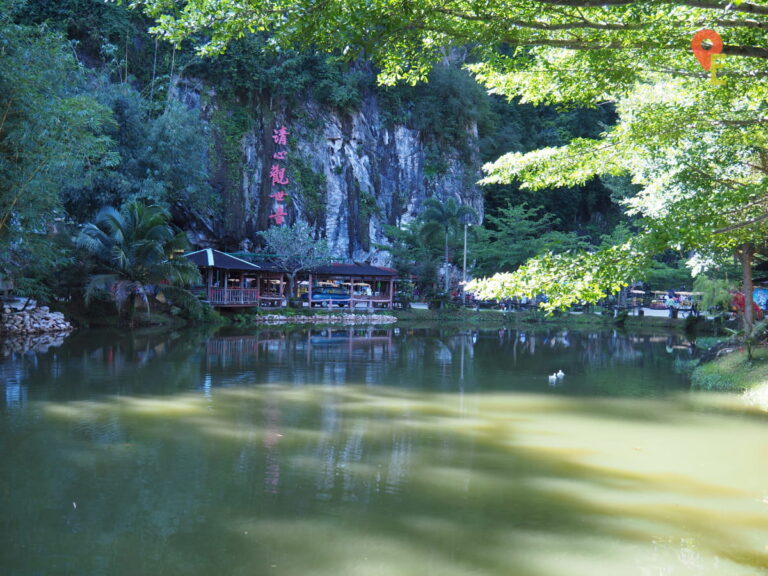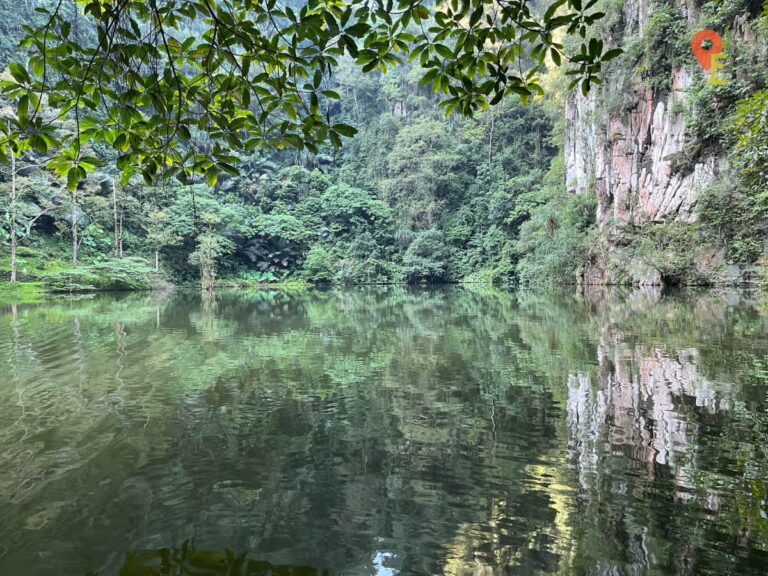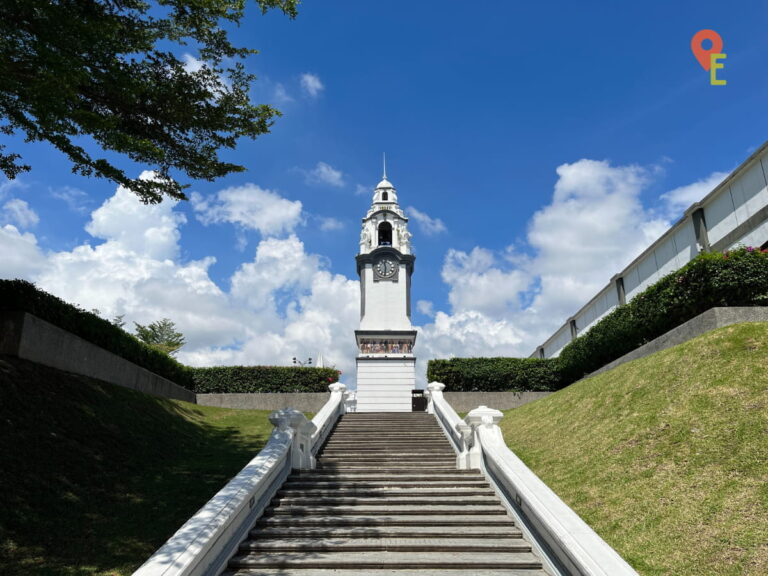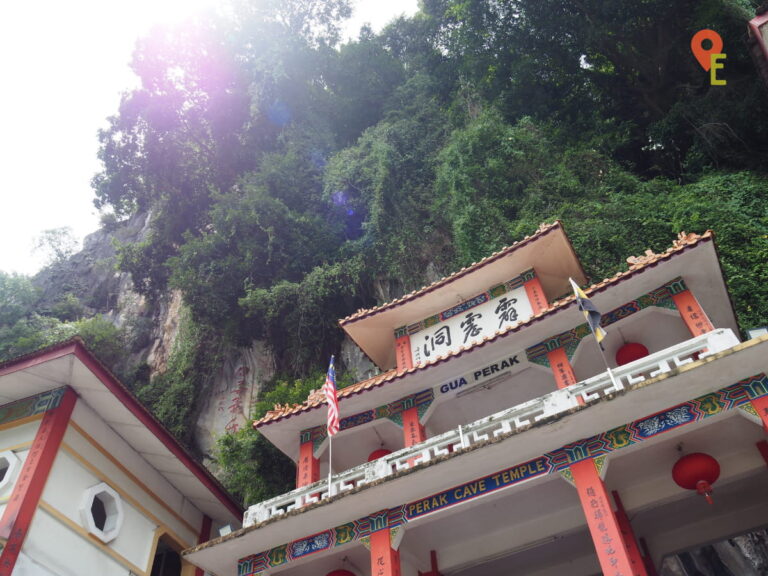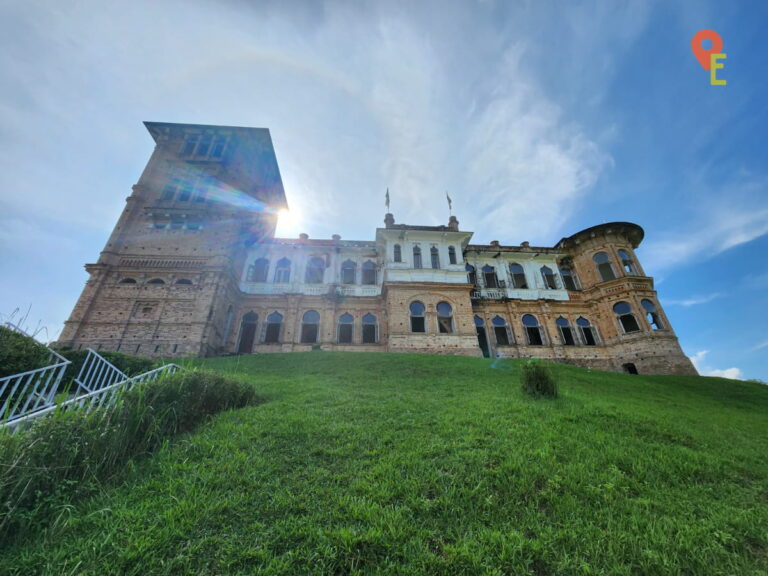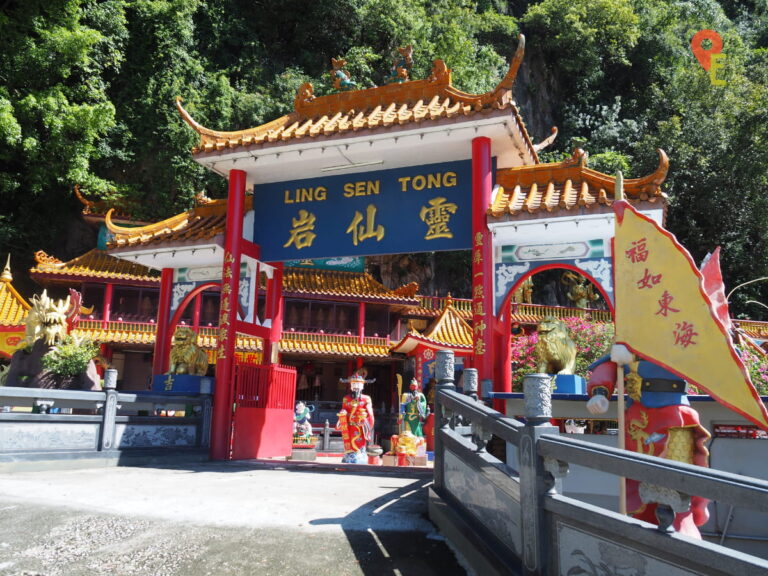What A Tour At Han Chin Pet Soo Museum Is Like
If you want to enter Han Chin Pet Soo Museum, you first need a booking. To do so, hop on the ipohworld.org website and check out their schedule.
This museum isn’t always open either. If there are tours, there are 3 sessions and the maximum group size per session is 25 pax.
Want to know if it’s worth booking a tour here? Read on about our experience here first!
Entry Fees
You don’t have to pay for booking a slot. And you do not have to pay when you enter the building. But staff will encourage tour participants to leave donations at the end of the tour.
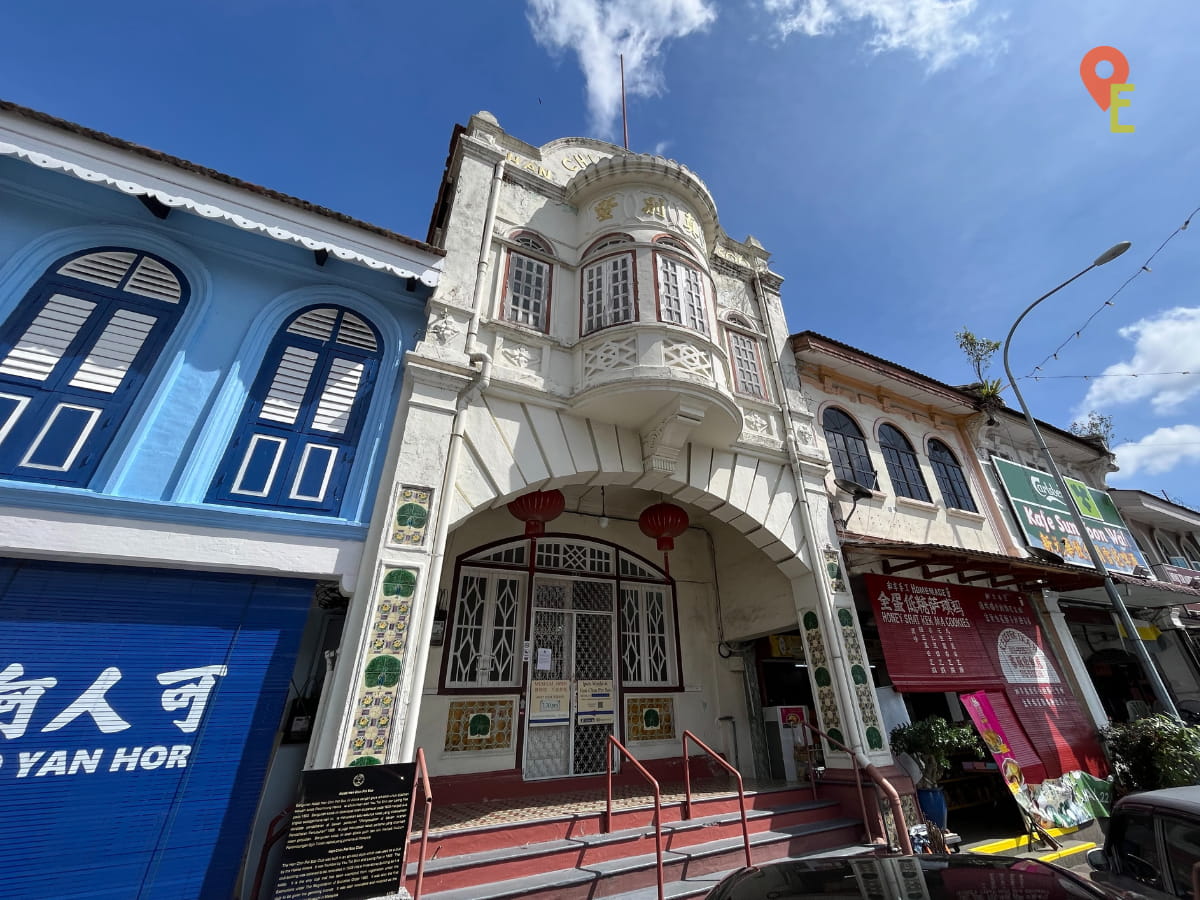
Where To Park
Han Chin Pet Soo is walking distance from Concubine Lane so any parking around this area is usually not available.
It took us a good 30 minutes to find nearby parking. This was on a Tuesday afternoon too. We ended up with a private parking (RM5 for 2 hours is steep for Ipoh standards).
In case you want to park here too, the location of this corner parking lot is right next to the back of 22 Hale Street Gallery.
PS: 22 Hale Street Gallery is also worth checking out!
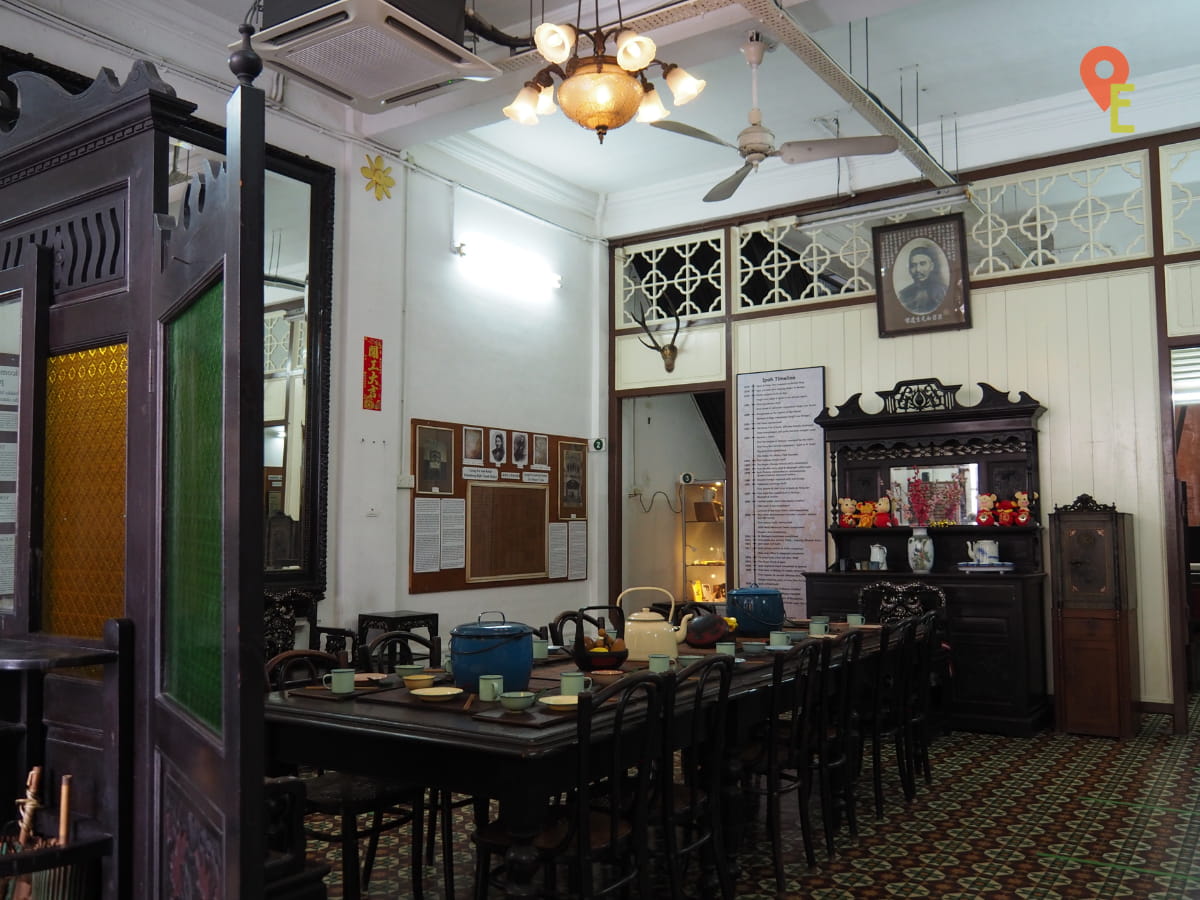
Start Of The Tour
We got to Han Chin Pet Soo Museum a little before the allocated time slot. The lone male staff member let us in to wait. There was one other lady waiting for the tour too.
Shortly, other tourists came to join the tour. They start on time so don’t be late. There were a few latecomers, but the guide still let them in. We think this is okay since tour only just began.
Note: Morning tours seem to be more popular than afternoon slots
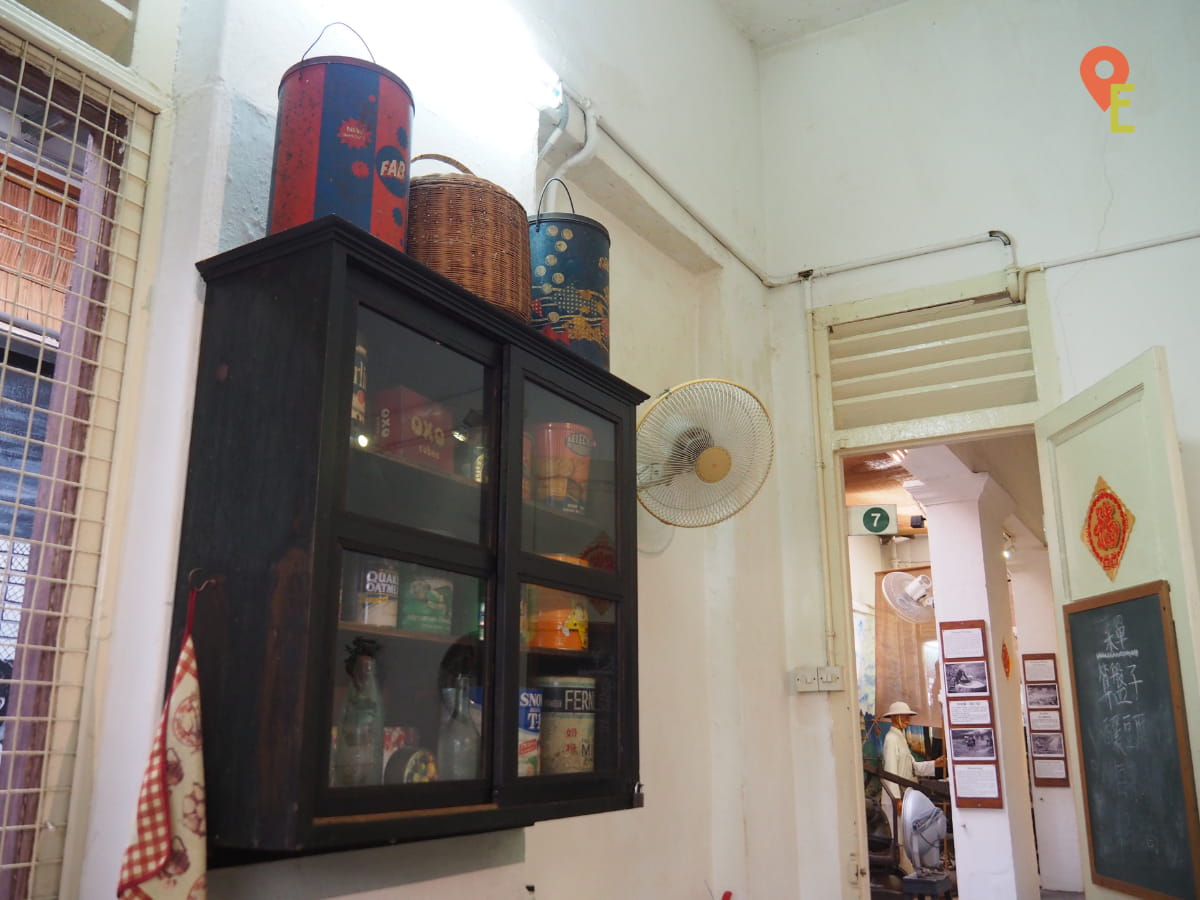
Building History
After sitting us down, the guide began with an introduction of himself, the building as well its founder.
There is also a little bit on how Ipoh World got the lease for the building from present members of the tin mining club (apparently still active).
Han Chin Pet Soo was initially a clubhouse for Hakka tin mining tycoons like the founder. The building has changed a few times (e.g., two-storey to triple-storey) – some of these reasons were due to disasters.
Before opening as a museum in 2013, the building did go under restoration for a year and a half. The guide told us that the floor tiles were original and about 94 years old.
Tin Mining
Right next to the dining hall, the guide will stop to explain the contents of a display cabinet. Next to this cabinet is a display of how tin mining prospectors would carry out a site inspection.
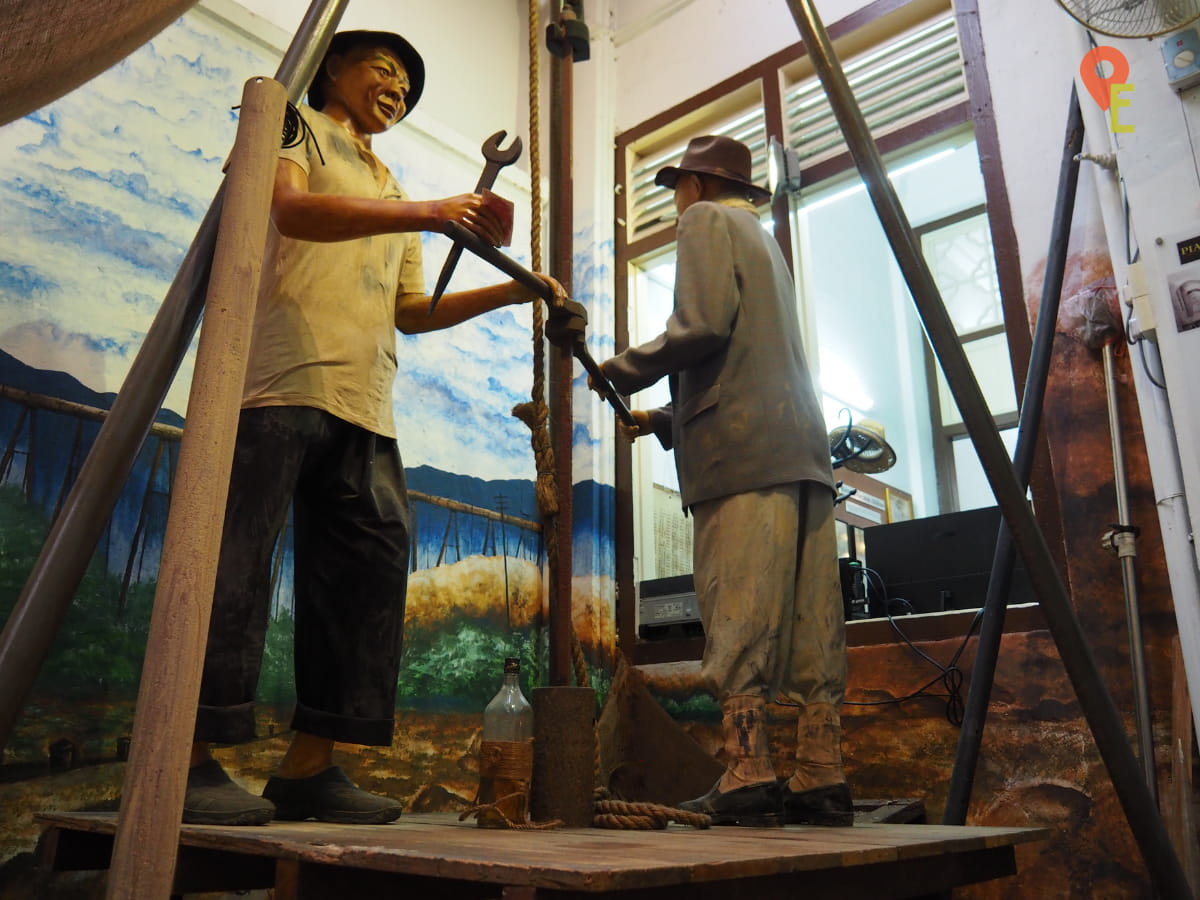
The guide used a laser pointer to explain the workings of an open cast mine from a large mural on the wall. We got to see real tin ingots and vintage circuit boards in another room too.
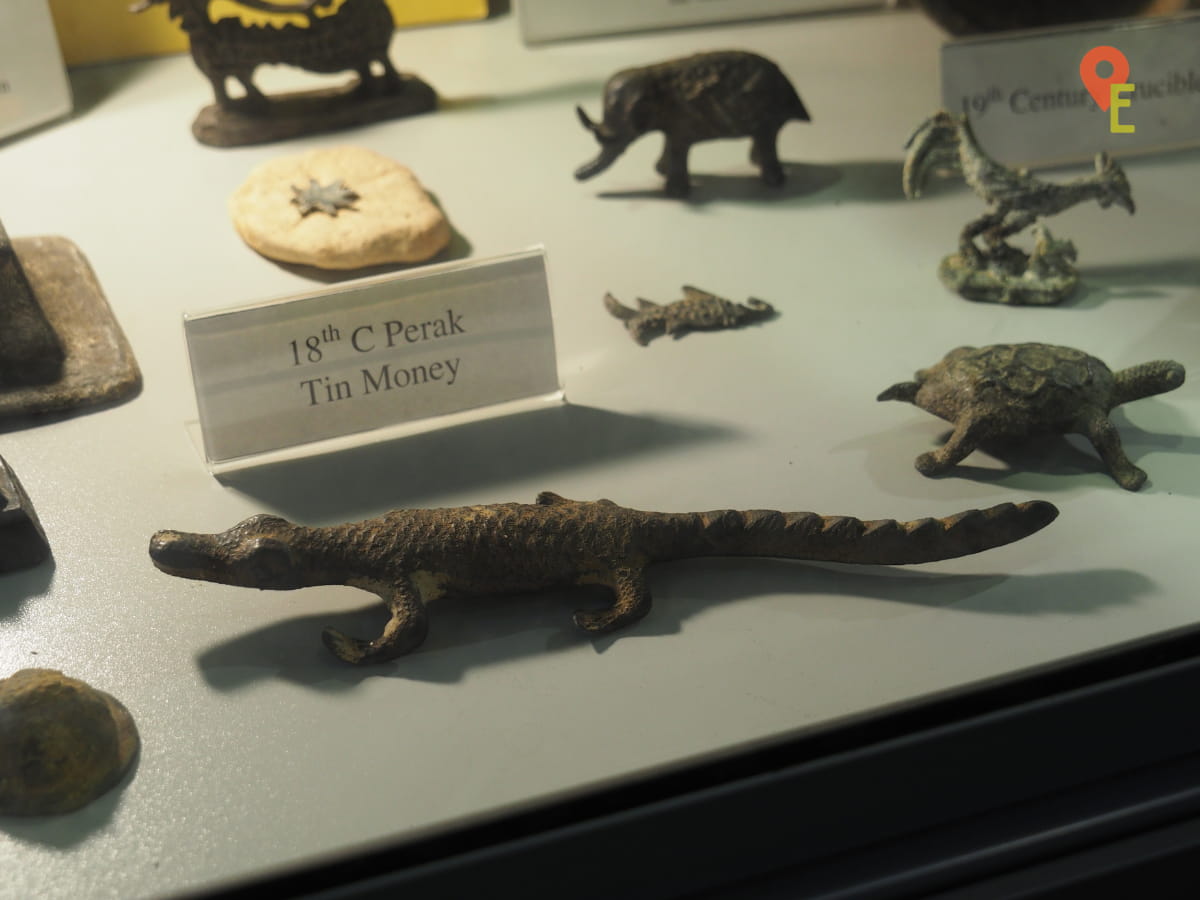
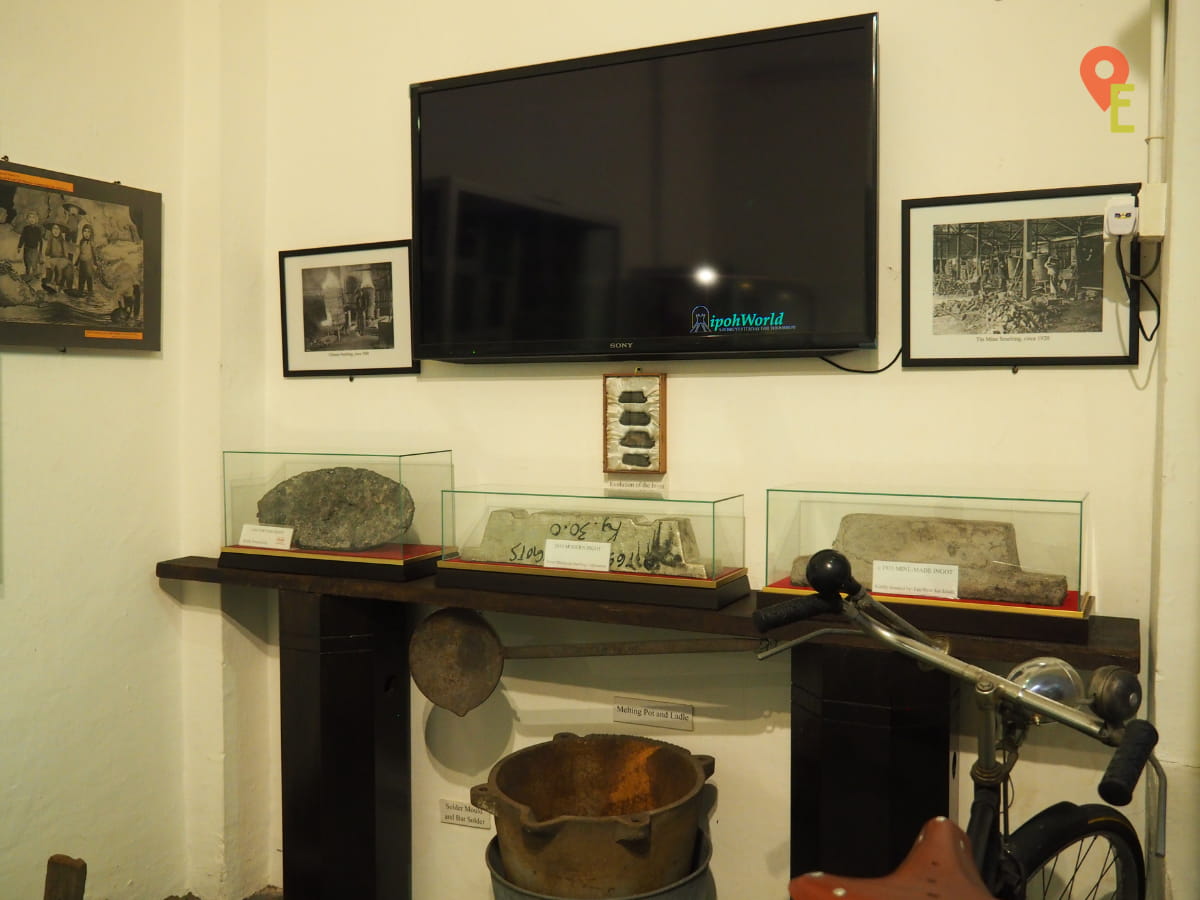
It felt a little random but there is a kitchen setup with antiques to see too. We passed this kitchen to the very back of the building where there are more tin mining related murals to see. We find it interesting even if the exhibits are not interactive.
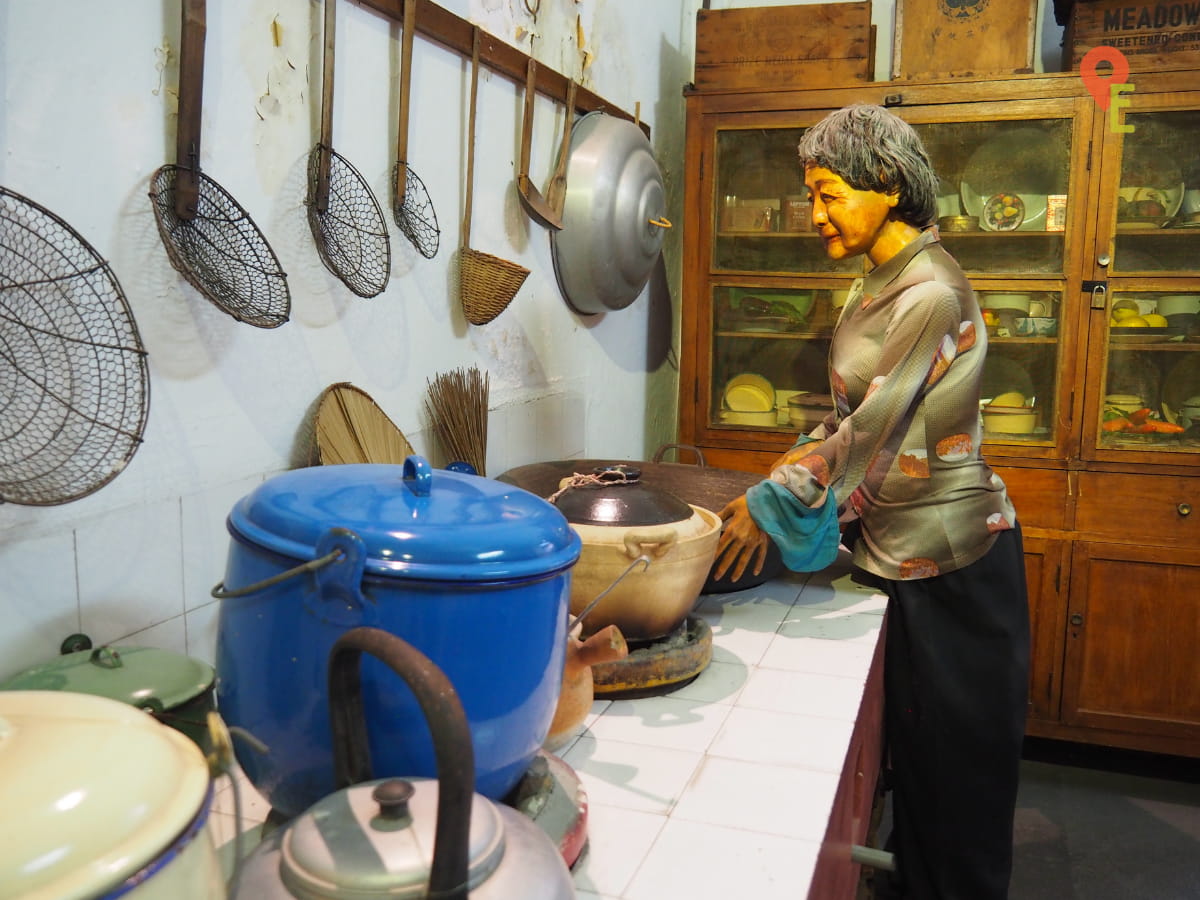
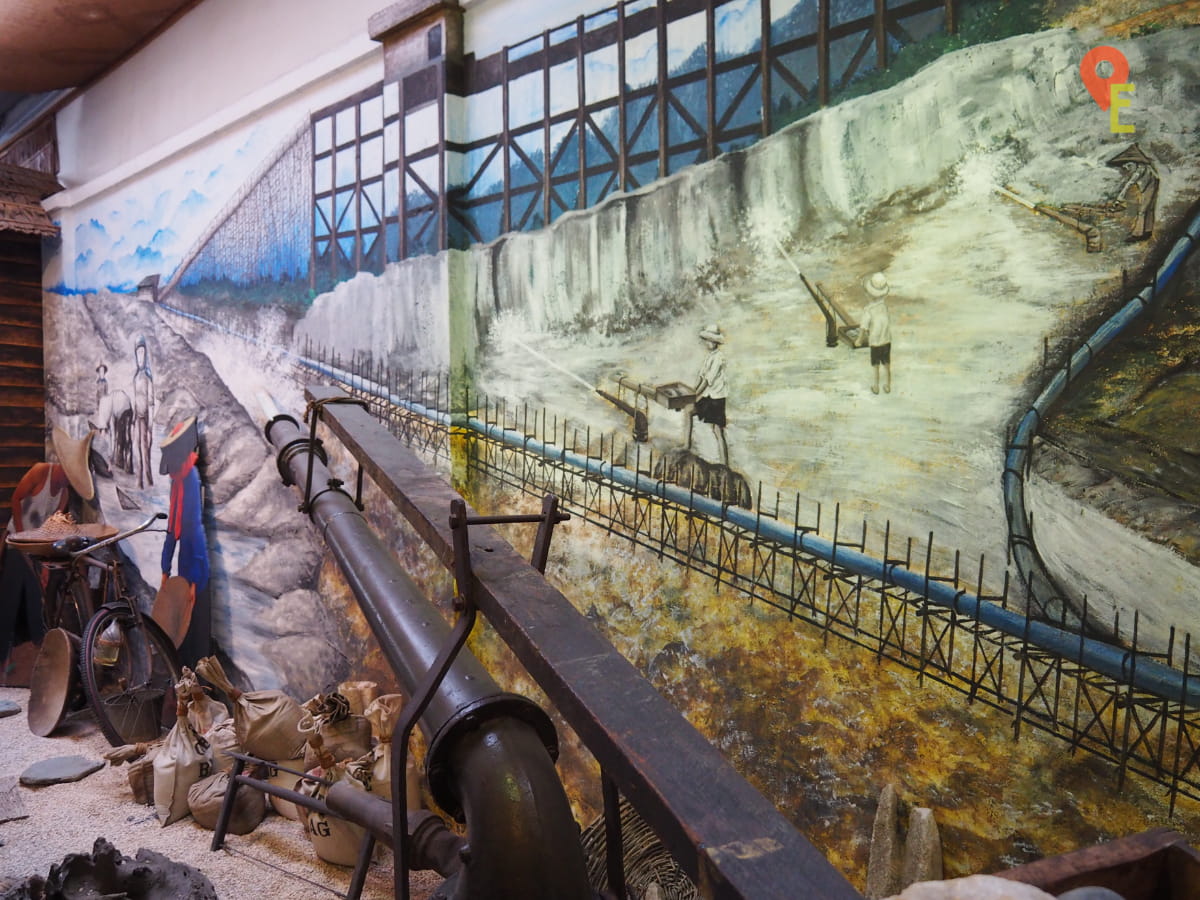
Opium And Gambling
The second floor features common pastimes for those in the tin mining business back in Ipoh’s golden age.
Note: The staircase to this floor is steep and narrow
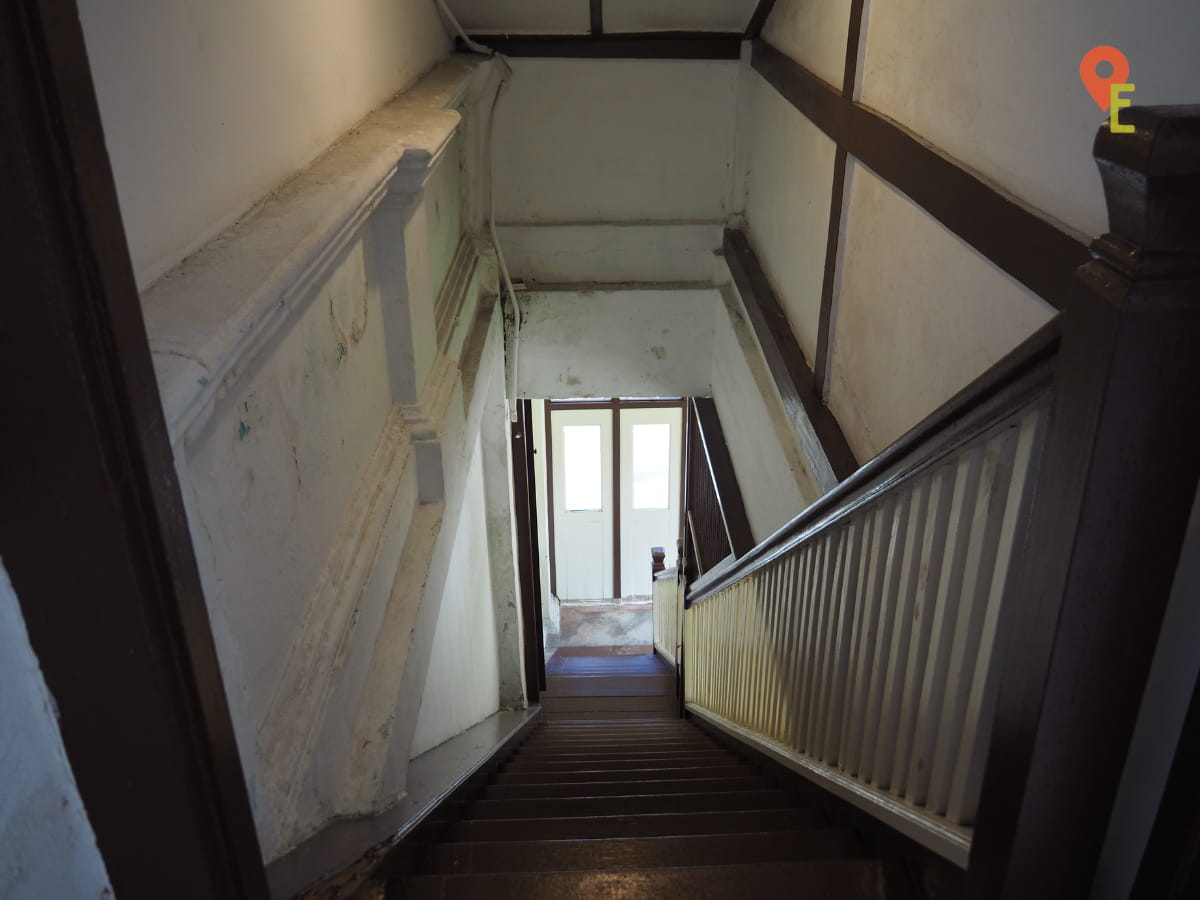
With the help of exhibits, the guide will describe typical habits of opium users. There are some old photographs of Japanese concubines too. We were sad to learn that many of them became beggars eventually.
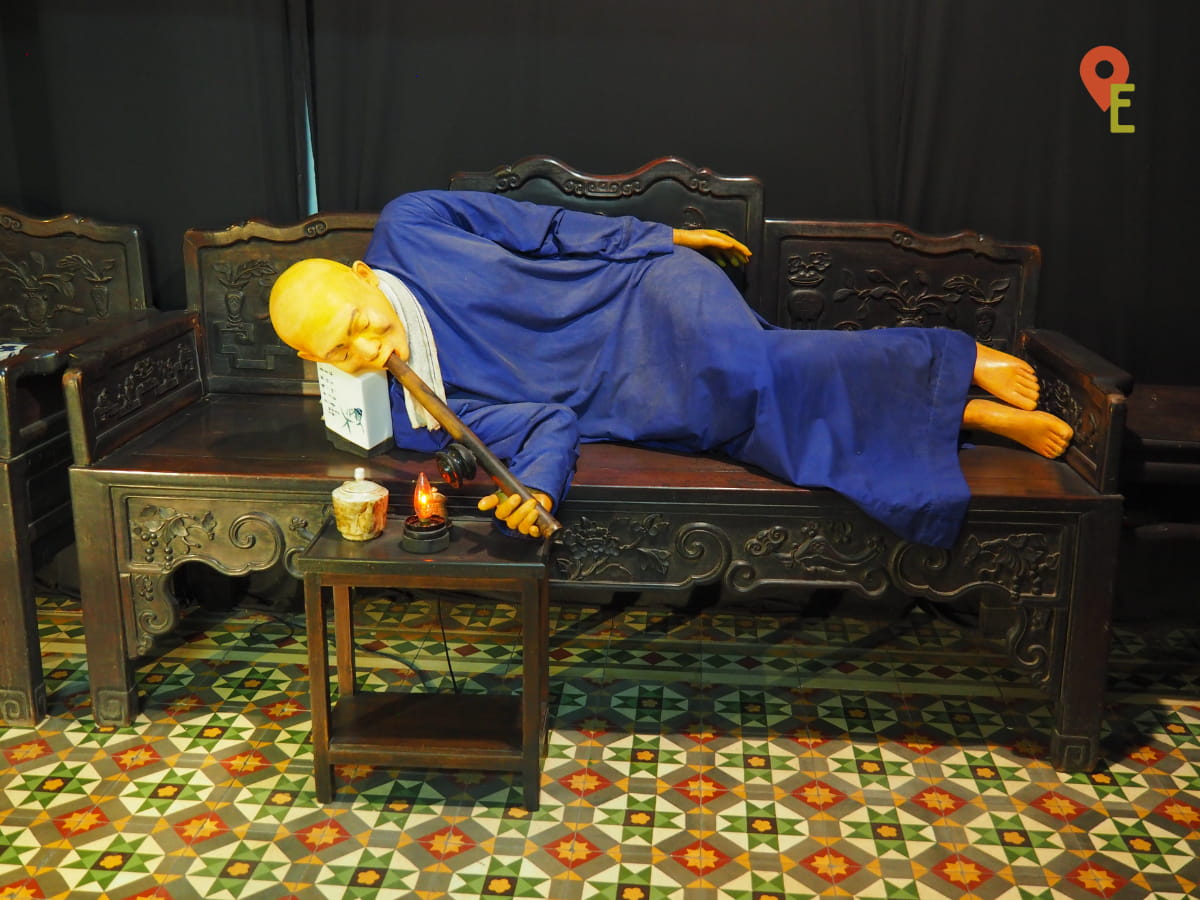
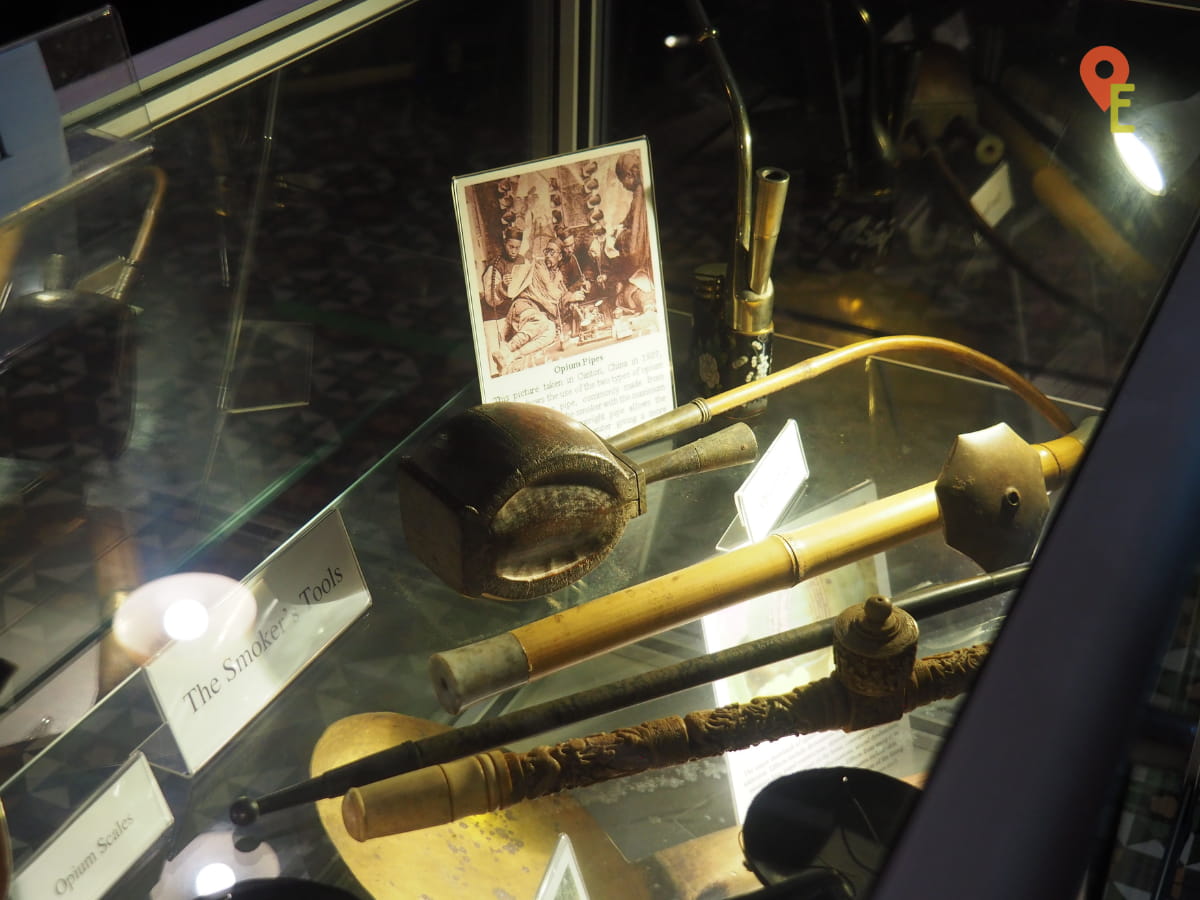
The gambling den exhibit is very spacious. There are different tables with different games set up as well as figurines of supposed gangsters and their mistresses.
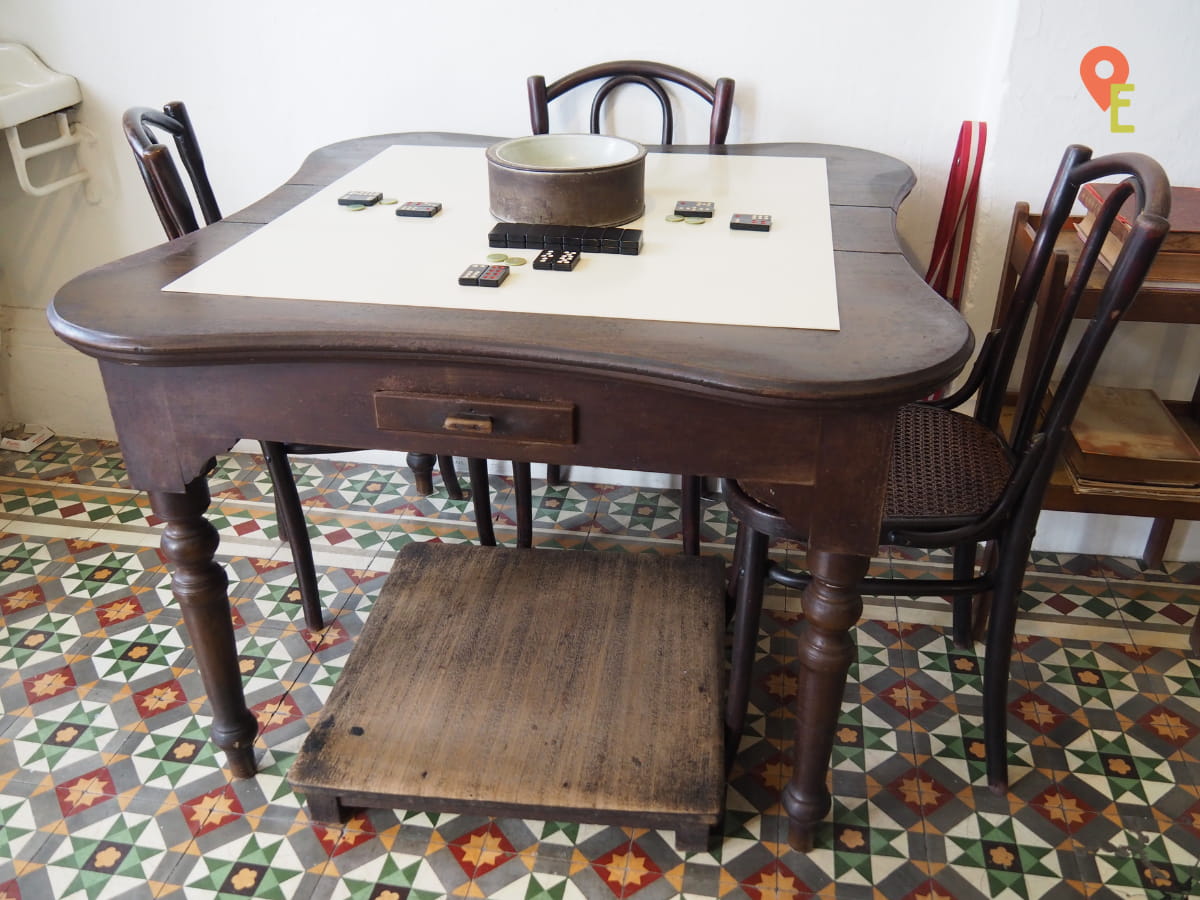
Besides showing us some photographs of the club’s former members, the guide also explains what currency they used. And he demonstrated how to play one of the games too.
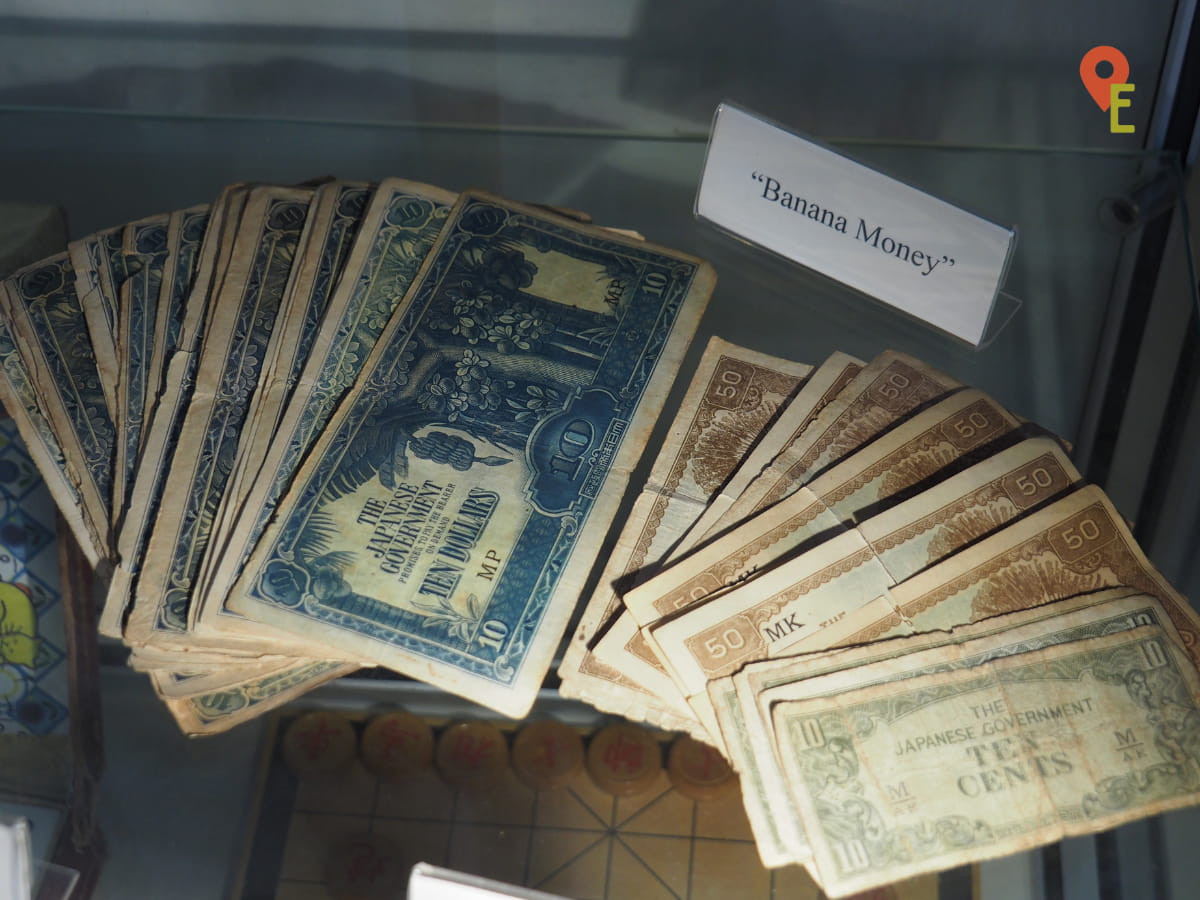
Chinese Migration
Our heads were full of information at this point. But there are more exhibits on the top floor of the building. Again, you need to go up an old staircase to reach the floor.
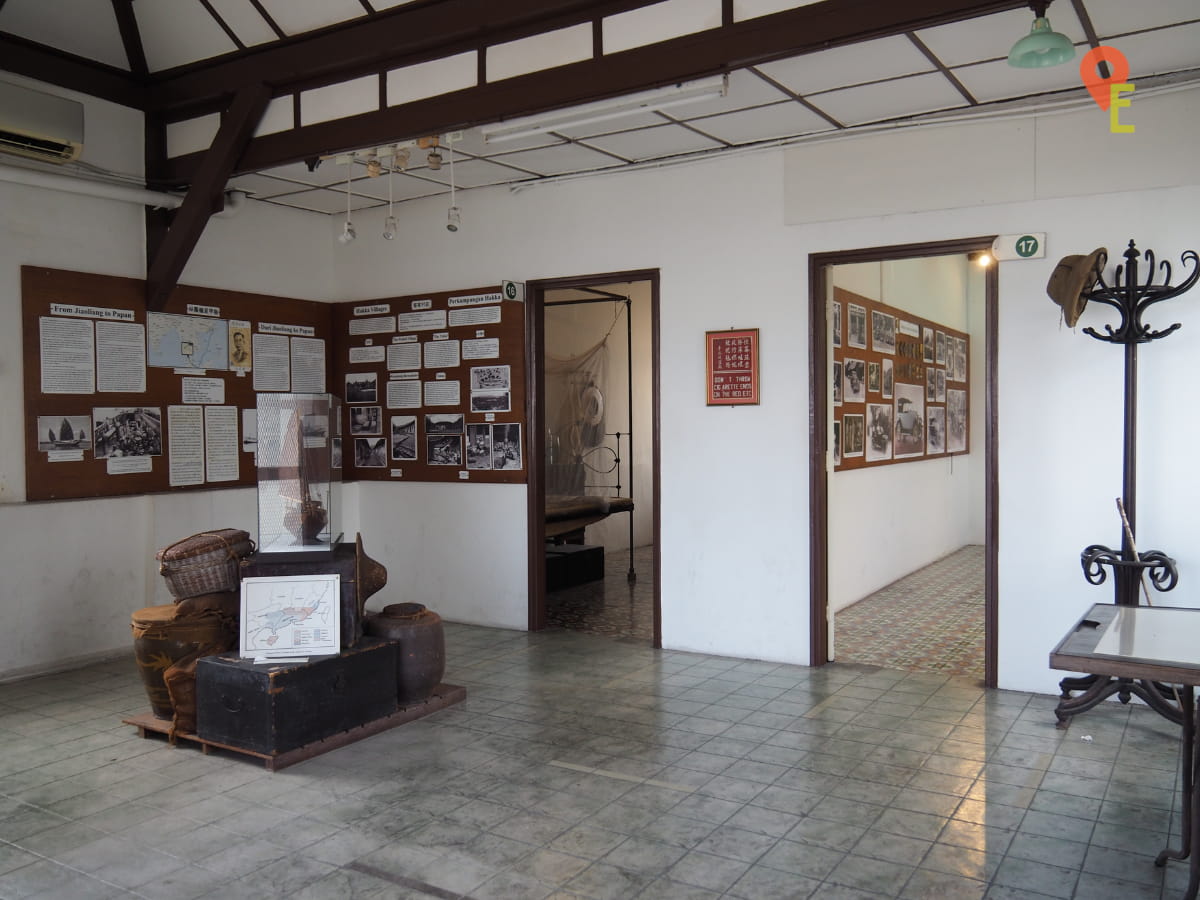
On this floor, we learnt about different Chinese ethnic groups, where they came from and which kind of businesses the different groups preferred once they were in Malaysia.
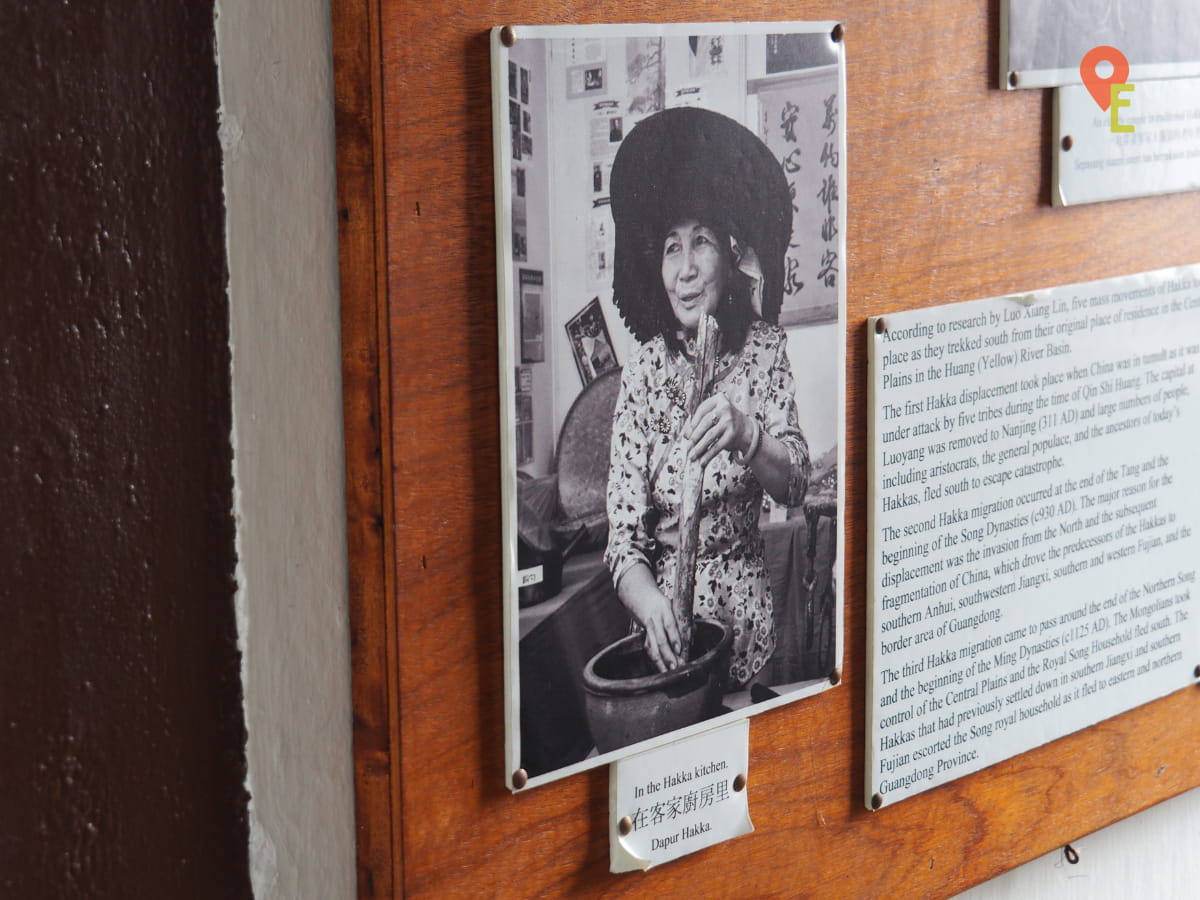
There is also a short story of a man who came to Malaysia to find his mother who migrated earlier.
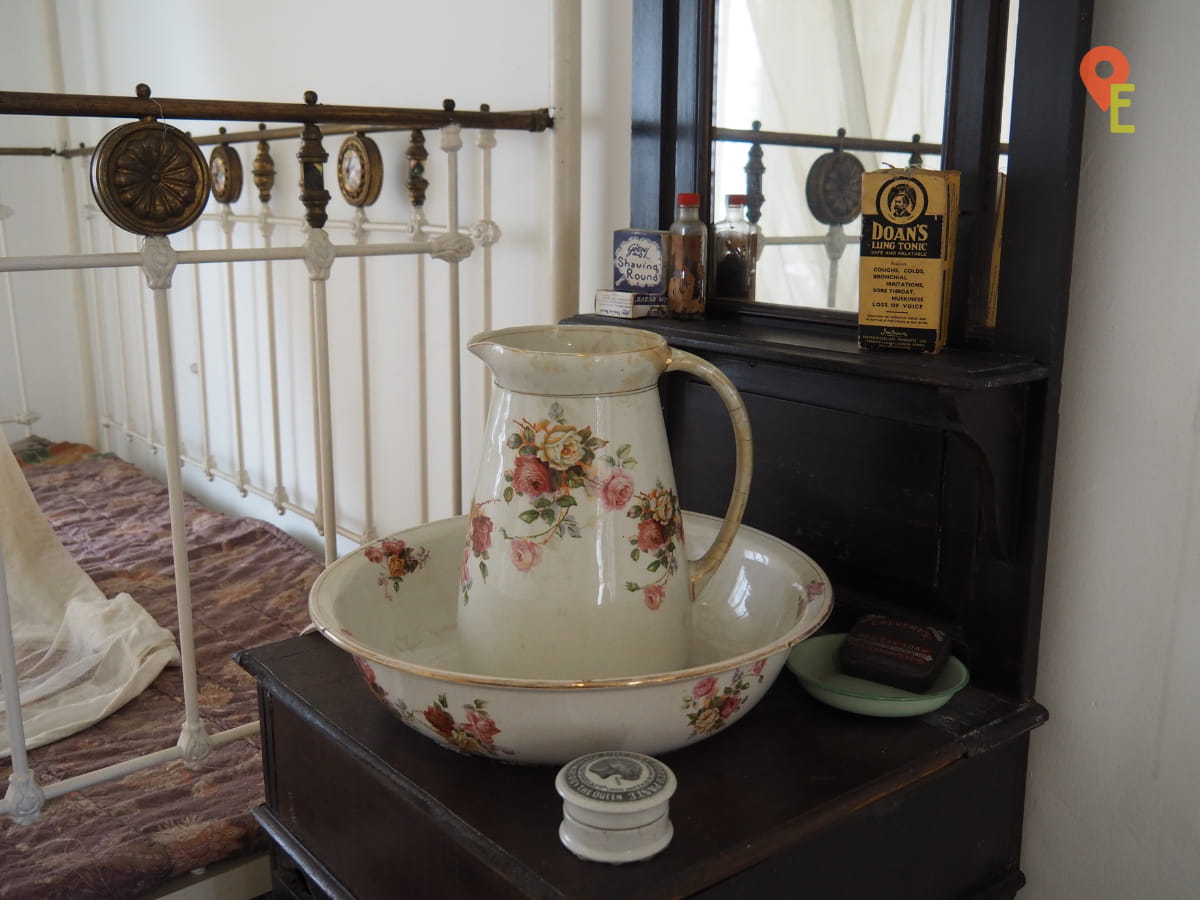
The last bit of the tour was a look at a room dressed up to look like old lodgings for travellers – including an old wash basin and bedside toilets.
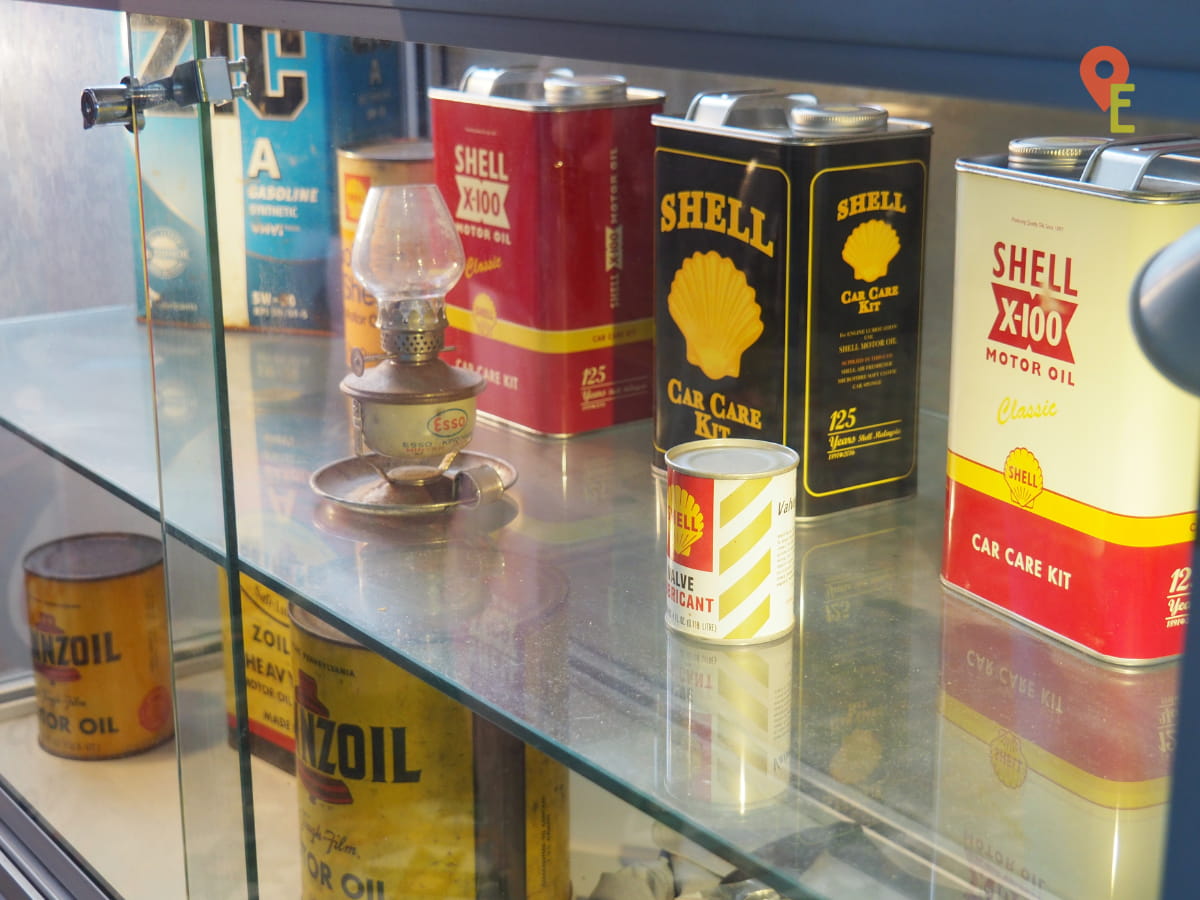
Next to this room is where they display their collection of old photographs featuring tin mining tycoons and their cars – vintage cars and some of the first in Malaysia.
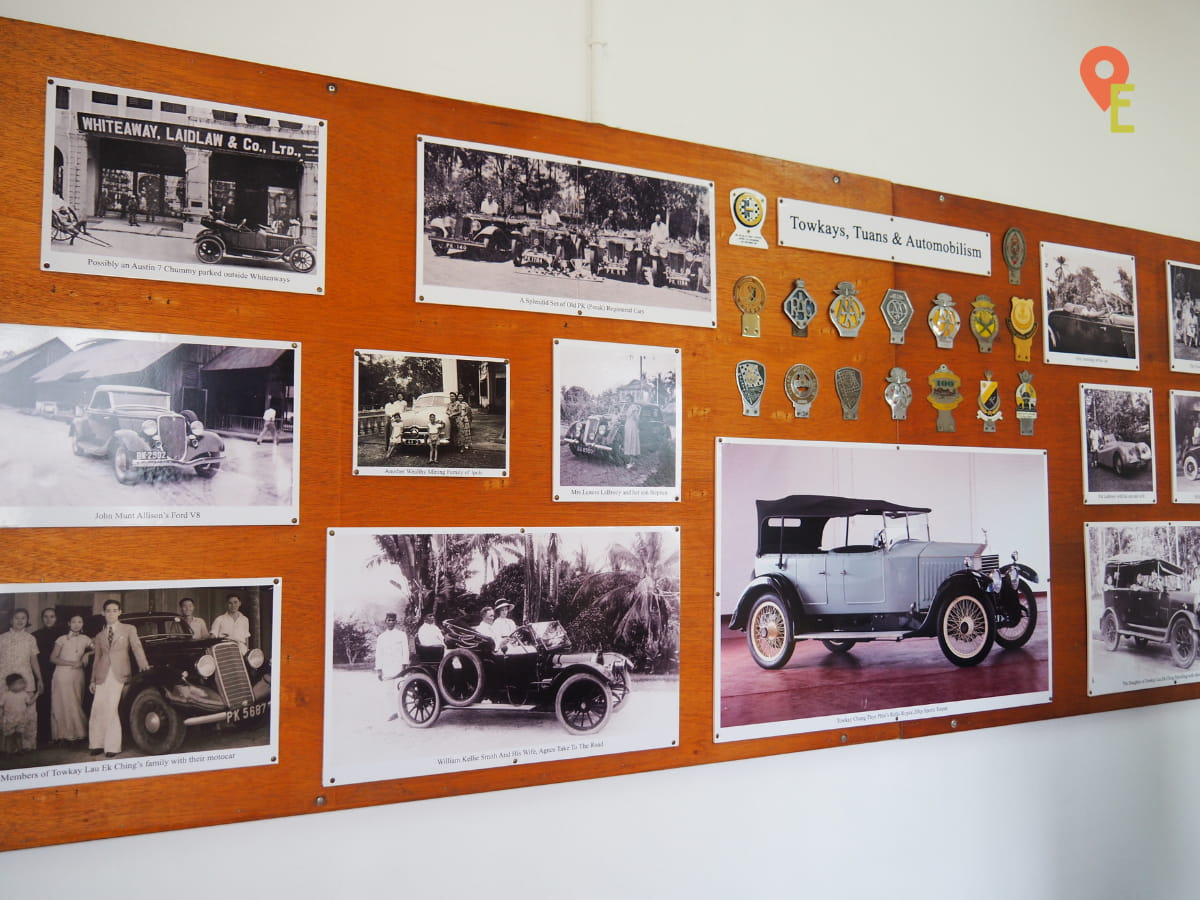
End Of The Tour
The tour wraps up on the top floor before the guide takes us down to the ground floor again. There’s a little bit more on Hakka cuisine that the guide shares here.
And right before the tour ends, he will share some fun bits about the building’s architecture – like why there are tiles featuring peacocks at the front of the building.
Conclusion
While the sequence of the tour feels random occasionally, the exhibits at Han Chin Pet Soo are informative, and interesting.
We enjoyed our tour here and highly recommend that you try it too. Especially if you want to learn more about Ipoh’s tin mining success story.
Coincidently, you should visit the museum next to Han Chin Pet Soo too (Ho Yan Hor).

